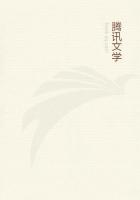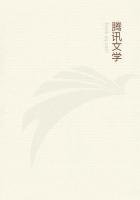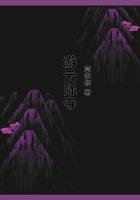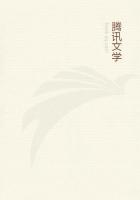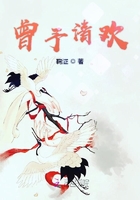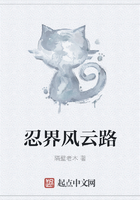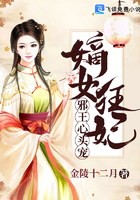The difference between production time and working time becomes especially apparent in agriculture. In our moderate climates the land bears grain once a year. Shortening or lengthening the period of production (for winter grain it averages nine months) itself depends on the alternation of good and bad seasons, and for this reason cannot be accurately determined and controlled before-hand as in industry proper. Only such by-products as milk, cheese, etc., can steadily be produced and sold in comparatively short periods. On the other hand, working time data are as follows: "The number of working-days in the various regions of Germany, with due regard to the climatic and other determining conditions, will for the three main working periods presumably be: For the spring period, from the middle of March or beginning of April to the middle of May, about 50 to 60 working-days;for the summer period, from the beginning of June to the end of August, 65 to 80; and for the autumn period, from the beginning of September to the end of October, or the middle or end of November, 55 to 75 working-days.
For the winter, only the jobs market goods, building materials, etc., are to be noted." (F. Kirchhof, Handbuch der landwirtschaftlichen Betriebslehre , Dessau, 1852, S. 160.)The more unfavourable the climate, the more congested is the working period in agriculture, and hence the shorter is the time in which capital and labour are expended. Take Russia for instance. In some of the northern districts of that country field labour is possible only from 130 to 150days throughout the year, and it may be imagined what a loss Russia would sustain if 50 out of the 65 millions of her European population remained without work during the six or eight months of the winter, when agricultural labour is at a standstill. Apart from the 200,000 peasants who work in the 10,500 factories of Russia, local domestic industries have everywhere developed in the villages. There are villages in which all the peasants have been for generations weavers, tanners, shoemakers, locksmiths, cutlers, etc. This is particularly the case in the gubernias of Moscow, Vladimir, Kaluga, Kostroma, and Petersburg. By the way, this domestic industry is being pressed more and more into the service of capitalist production.
The weavers for instance are supplied with warp and woof directly by merchants or through middlemen. (Abbreviated from the Reports by H. M. Secretaries of Embassy and Legation, on the Manufactures, Commerce, etc., No. 8, 1865, pp. 86 and 87.) We see here that the divergence of the production period from the working period, the latter being but a part of the former, constitutes the natural basis for the combination of agriculture with subsidiary rural industries, and that these subsidiary industries in turn offer points of vantage to the capitalist, who intrudes first in the person of the merchant.
When capitalist production later accomplishes the separation of manufacture and agriculture, the rural labourer becomes ever more dependent on merely casual accessory employment and his condition deteriorates thereby. For capital, as will be seen later, all differences in the turnover are evened out. Not so for the labourer.
In most branches of industry proper, of mining, transportation, etc., operations proceed evenly, the working time being the same year in year out and the outlay of capital passing daily into the circulation process being uniformly distributed, apart from such abnormal interruptions as fluctuations of prices, business dislocations, etc. Likewise the return of the circulating capital or its renewal is evenly distributed throughout the year, market conditions otherwise remaining the same. Yet there is in the course of the various periods of the year the greatest inequality in the outlay of circulating capital in such capital investments in which the working time constitutes only a part of the production time, while the return takes place only in bulk at a time fixed by natural conditions.
If the scale of business is the same, i.e., if the amount of advanced circulating capital is the same, it must be advanced in larger quantities at a time and for longer periods than in enterprises with continuous working periods.
There is also a considerably greater difference here between the life of the fixed capital and the time in which it really functions productively.
Due to the difference between working time and production time, the time of employment of the applied fixed capital is of course likewise continually interrupted for a longer or shorter time, for instance in agriculture in the case of working cattle, implements and machines. In so far as this fixed capital consists of draught animals, it requires continually the same, or nearly the same, expenditure for feed, etc., as it does during the time they work. In the case of dead stock non-use also brings on a certain amount of depreciation. Hence the product is in general increasing in price, since the transfer of value to it is not calculated according to the time during which the fixed capital functions but according to the time during which it depreciates in value. In branches of production such as these, the idling of the fixed capital, whether combined with current expenses or not, forms as much a condition of its normal employment as for instance the loss of a certain quantity of cotton in spinning; and in the same way the labour-power expended unproductively but unavoidably in any labour-process under normal technical conditions counts just as well as that expended productively. Every improvement which reduces the unproductive expenditure of instruments of labour, raw material, and labour-power also reduces the value of the product.
In agriculture we have a combination of both the longer working period and the great difference between working time and production time.


